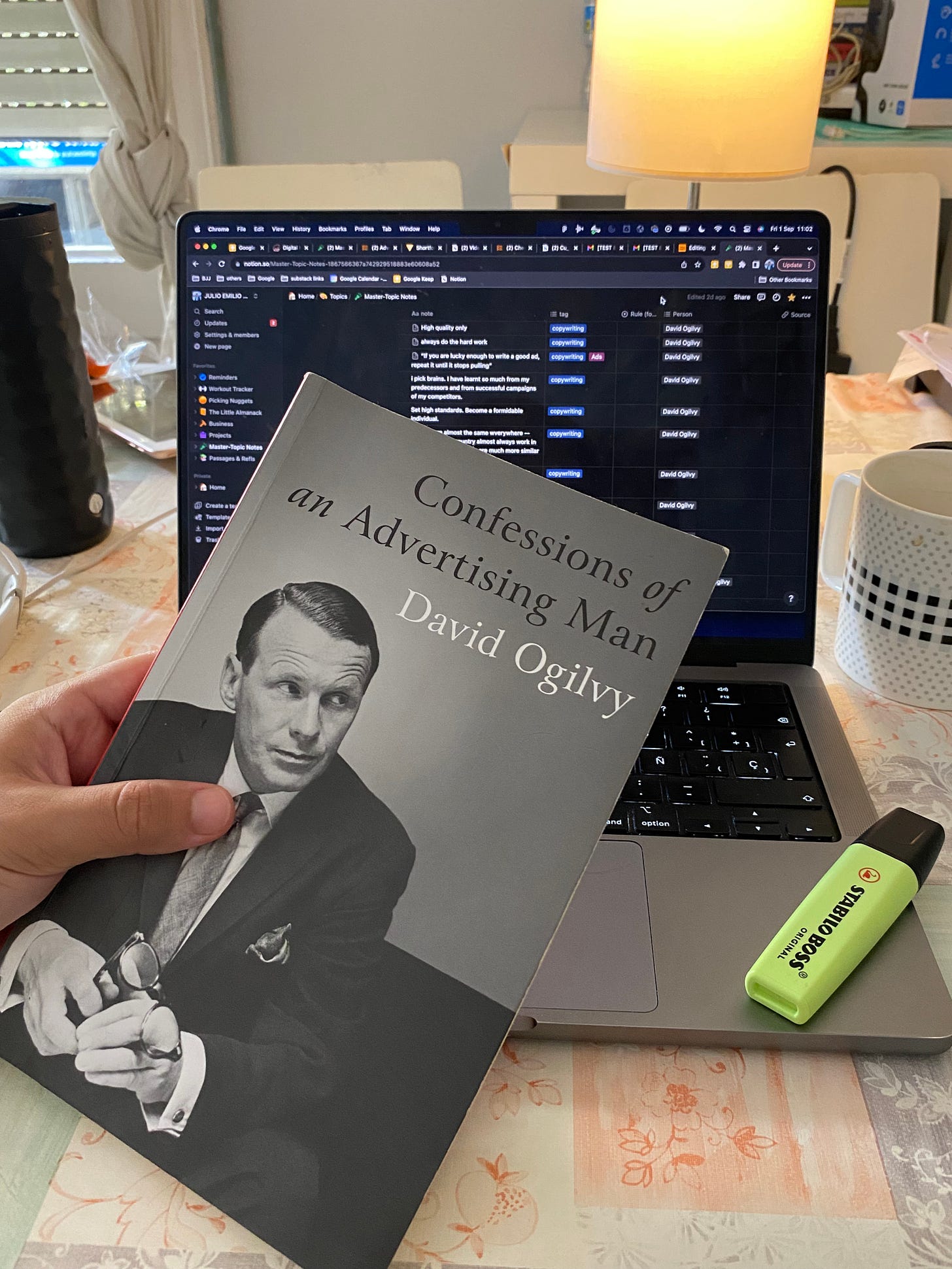One Common Behavior You Must Kill
A nugget from Charlie Munger and Nassim Taleb
Hello Friend!
Today’s nugget comes from a Commencement Speech that Charlie Munger gave in 2007, and Nassim Taleb’s book “Fooled by Randomness”. They both address a common (yet disastrous) human behavior: Self-pity.
💡 Nugget
✦ Charlie Munger:
🟠 Commencement Speech at USC — link to the YouTube Clip
“Generally speaking, envy, resentment, revenge and self-pity are disastrous modes of thoughts. Self-pity gets pretty close to paranoia—which is one of the hardest things to reverse—you do not want to drift into self-pity.
I have a friend who carried a big stack of cards, and when somebody would make a comment that reflected self-pity he would take out one of the cards and hand it to the person. And the card said: "Your story has touched my heart. Never have I heard of anyone with as many misfortunes as you". Well, you can say that’s waggery [humorous], but I suggest that every time you find you’re drifting into self-pity—and I don’t care what’s the cost… your child can be dying of cancer… self-pity is not going to improve the situation—just give yourself one of those cards…
Charlie’s son, Teddy, died of leukemia in 1955 at age 9.[Self-pity] is a ridiculous way to behave, and when you avoid it you get a great advantage over almost everybody else—because it is a [human] standard condition and yet you can train yourself out of it!”
Tip: If you are reading this from your computer, I recommend you clicking on the source video (to listen to Charlie) while at the same time reading the transcript!✦ Nassim Taleb:
“The interesting thing about stoicism is that it plays on dignity and personal aesthetics, which are part of our genes. Start stressing personal elegance at your next misfortune. Exhibit sapere vivere ("know how to live") in all circumstances.
…
Dress at your best on your execution day (shave carefully); try to leave a good impression on the death squad by standing erect and proud.
…
Never exhibit any self-pity, even if your significant other bolts with the handsome ski instructor or the younger aspiring model.”
Related tweets:💭 Thoughts
I love this mental model of never drifting into self-pity, it helps me see the light of living despite all of its inescapable darkness. Thinking about my mortality also helps me see this in perspective — there is no time to feel sorry for oneself, for I will be dead for a long time! My “alive” state is just a blink of an eye (relatively speaking), why would I waste it on these shitty emotions. Character is a choice, the most important choice…
“When wealth is lost, nothing is lost;
when health is lost, something is lost;
when character is lost, all is lost.”
- Billy Graham
📁 All the ideas in this article are saved and classified in a searchable Database, which (as of July 2024) contains nearly 2,000 timeless ideas (sourced directly from the most influential doers and entrepreneurs — captured on books, interviews/podcasts and articles).
I call this Database the Doers Notebook, and I’ve recently opened it for anyone who wants it.
🤔 Why did I build this?
Well, as the Latin motto goes, “A chief part of learning is simply knowing where you can find a thing.” And since it’s all 🔎 searchable, we only need to type a keyword to immediately get a list of insights related to it!
For instance, if I’m unsure about how to get more sales in my business, I can simply type the word “sales” and immediately get 88 search results! In this case from Jim Edwards, Peter Thiel, Naval Ravikant, Paul Graham, Sam Altman, Balaji Srinivasan, Nassim Taleb, and many other remarkable individuals.
It’s like having a 🧠 second brain from which we can pull wisdom on demand.
And this is super valuable because it can significantly decrease the error rate in our judgment.
“In an age of infinite leverage [code and media], judgment is the most important skill.”
- Naval Ravikant
I actually made a video where I went through the list of insights I got for the keywords “sales” and “creative”.
So, if you wanna get better at sales and learn to be more creative (and also see all the features of the database and how you can get access) then definitely check out the video 👇
💥 Stuff I Loved
I just finished reading “Confessions of an Advertising Man”, by David Ogilvy. I absolutely loved this book! No wonder why Warren Buffet called him a “genius”. It’s about his own life and his Advertising Agency “Ogilvy & Mather”.
My Favorite Highlights:
“Big ideas are usually simple ideas.”
“Tell the truth, but make the truth fascinating.”
“We prefer the discipline of knowledge to the anarchy of ignorance.”
“I admire people with gentle manners who treat other people as human beings.”
“It is flagrantly dishonest for an advertising agent to urge consumers to buy a product which he would not allow his own wife to buy.”
“I believe in the Scottish proverb: ‘Hard work never killed a man’, men die of boredom, psychological conflict and disease. They do not die of hard work.”
“There is one stratagem which seems to work in almost every case: get the prospect [potential client] to do most of the talking. The more you listen, the wiser he thinks you are.”
“I never wanted to get an account [a client] so big that I could not afford to lose it. The day you do that, you commit yourself to living with fear. Frightened agencies lose the courage to give candid advice; once you lose that you become a lackey.”
🔥 Consider fueling my work with a small donation to keep this newsletter up and running every week ✨ (for donations in DOGE 🐾 please DM me at my twitter)
🤓 What would you think of today’s edition? (just reply this email to send your awesome feedback❣️)
Wishing you a lovely weekend!
Julio xx
P.S. If you liked this article, you'll definitely enjoy my free 80-page ebook. It’s packed with 23 big ideas (from top influential doers and entrepreneurs) to become better, richer and wiser. Download your copy here!














